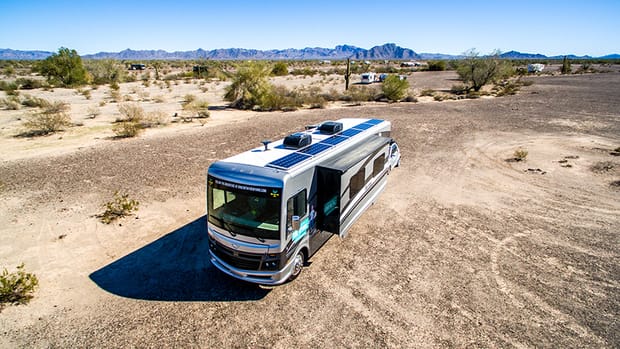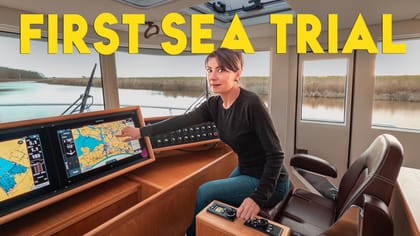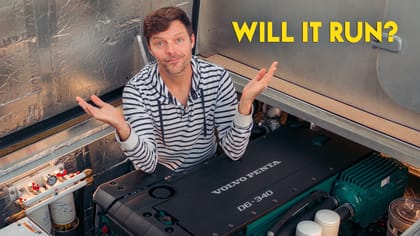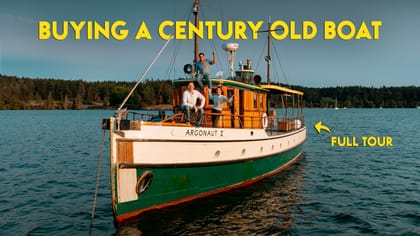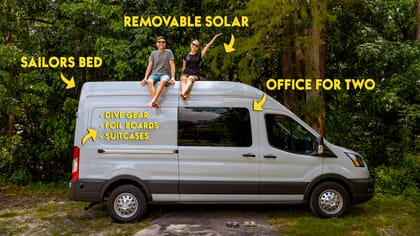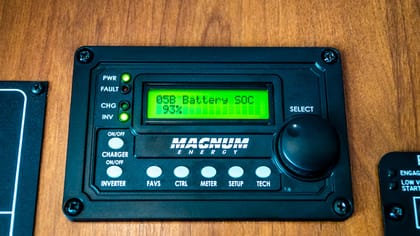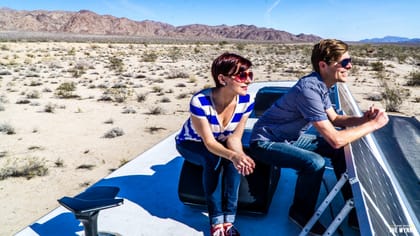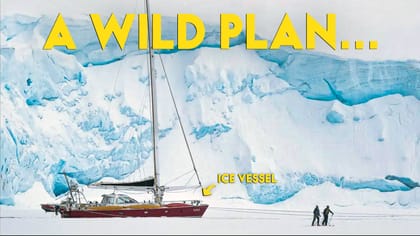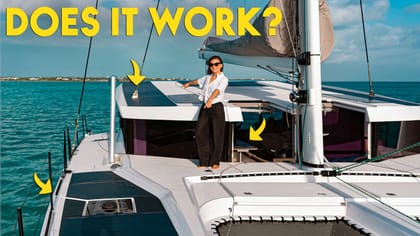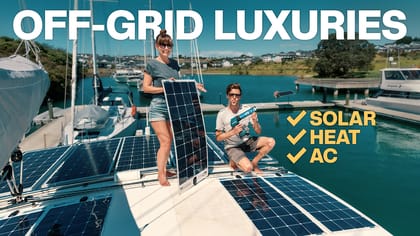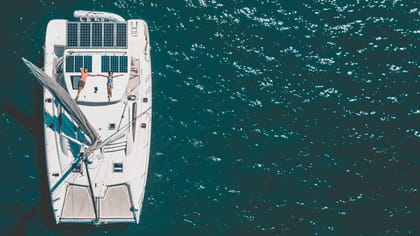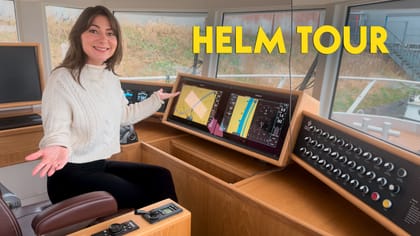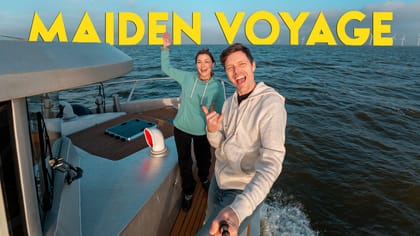We’re no “Solar Experts” but we practically have our PHD in Trial and Error. When we take on a complicated subject, such as off-the-grid solar applications, we research online, call the manufacturers of the products and take in as much information as we possibly can.
When we first began researching solar power for our RV (about 6 years ago) we came across numerous resources that would go into overwhelming detail. Maybe we understood the first paragraph or two but by the end we were completely exhausted and would go into information overload. Learning how solar works has been a frustrating and enlightening experience for us over the years.
However, with all those years of research and experience we’d like to think we’ve gained a solid knowledge on most things solar related. From this we do our best to share what we learn in a fun way that “Normal People” (not engineers or scientist but average Joes like ourselves) can understand.
So, if you’re feeling a bit overwhelmed and confused about how RV solar works like we were just a few years back…this video is for you.
If the video above didn’t sear the idea of How Solar Works here’s a our attempt at an infographic:
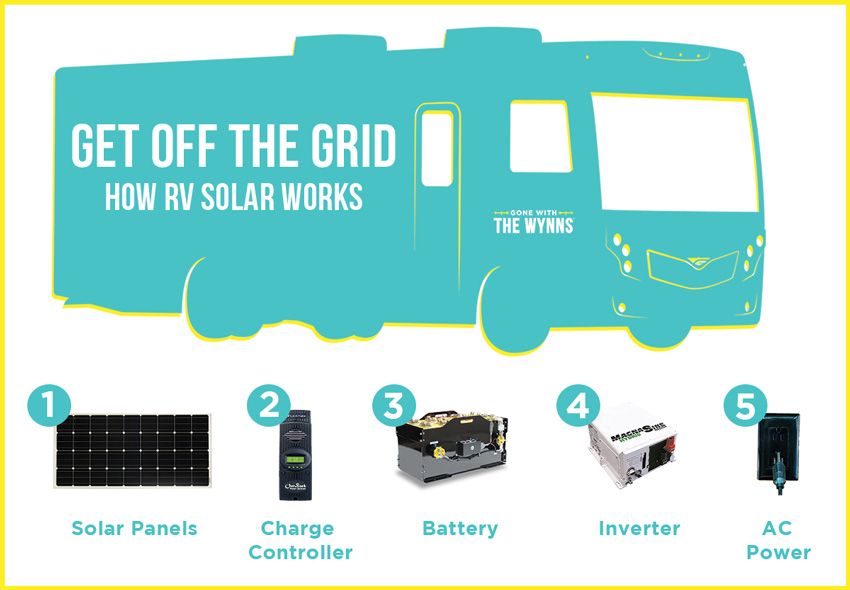
This basic idea of how our solar works in our motorhome can also be applied to a Tiny House, Sail Boat or off-grid cabin.
- The sun hits the surface of the Solar Panels creating energy.
- The energy is routed through Thick Wires from the roof to our storage compartments.
- The Solar Controller “controls” the power going into the batteries to keep the batteries from overcharging.
- The batteries store the power in what we call a Battery Bank.
- In general, the more batteries you have in your battery bank the more power you can store and use.
- Most battery banks provide 12-volt power. You could use all DC plugs (the car style “cigarette adapter” plugs) and power devices directly from your batteries.
- If you want to use a Household Plug (the standard 2 & 3 prong plugs we use in North America) the power needs to change from 12-volt to 110-volt.
- A Thick Wire runs from the batteries into an Inverter and the power gets changed from 12-volt to 110-volt.
- A wire runs out of the inverter and connects to a breaker box inside the RV.
- From the Breaker Box power is distributed to outlets inside our RV, however not every outlet is wired to run off the inverter.
- Now we can plug an electronic device into the Outlet inside our Motorhome.
- It’s important to monitor the power coming in and out of the batteries and this is where a Battery Monitoring Kit comes in handy, but we’ll save those specific (and intricate) details for another article and video.
We really hope you found the video and info above helpful in your off-the-grid solar adventure.


